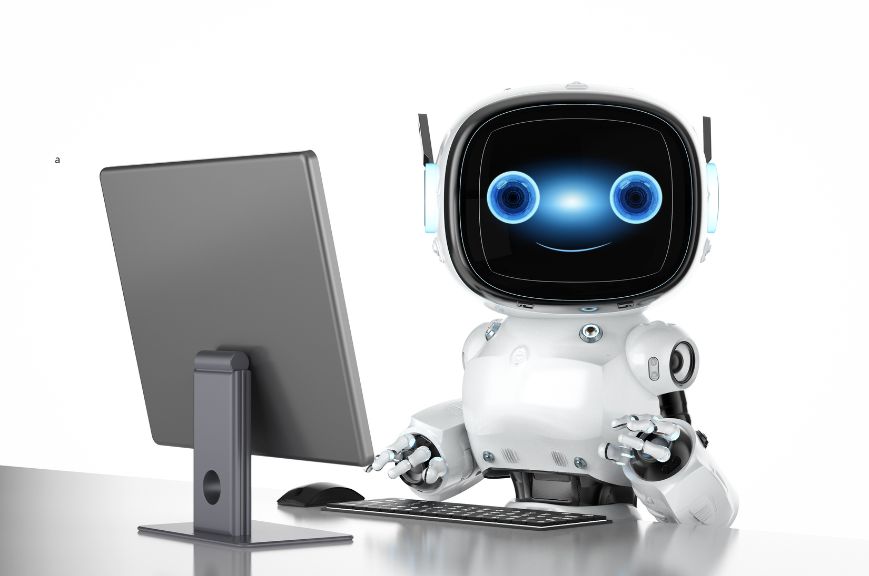Artificial Intelligence (AI) is transforming the labor market in Brazil significantly. A recent study by Microsoft and Edelman reveals that 74% of companies in the country have already adopted AI in 2023, a considerable increase from the 61% of the previous year. Although the growing adoption of the technology can generate fears of job replacement, experts say that AI also opens doors to new and better job opportunities.
Frederico Stockchneider, project director at InfoWorker Technology and Training, explains that the fear of replacing human labor with technology is unfounded.“A AI will allow you to automate repetitive tasks, freeing employees for more strategic and creative activities, which is driving the emergence of new functions that require advanced skills and provide greater added value”, Stockchneider points out.
According to a Gartner survey, AI will create about 2 million jobs by 2025. This is because AI technologies require human supervision, training and maintenance.In addition, AI can increase productivity, which in turn leads to the creation of new positions. Companies that combine AI with human insights have reported productivity increases of nearly 70%, protecting existing jobs and creating new opportunities within the business.
However, incorporating AI into enterprises is not a simple task.A study by Pure Storage, conducted by MIT Technology Review, highlighted three major obstacles to AI adoption in Latin America, including Brazil: the high cost of technology, the need for greater stakeholder engagement, and insufficient infrastructure for data management.
Stockchneider emphasizes that the combination of limited budget and the shortage of qualified talent represents a major challenge for the adoption of AI in Brazilian companies. According to the study “Digital Transformation and Business Leaders”, conducted by the Data-Makers institute, 46% of business leaders point to the lack of qualified professionals as one of the main barriers to digitization, while 37% attribute this difficulty to the low knowledge on related topics.
Without professionals with advanced technical skills such as computer science and data analytics, many organizations face difficulties not only to implement but also to maintain AI solutions effectively.The expert suggests that to overcome these challenges, it is critical that companies invest both in training and in developing an adequate technological infrastructure, ensuring that they are prepared to compete in an increasingly digitized and intelligent market.
For more information and details about the survey, please visit: www.microsoft.com/ia-study


